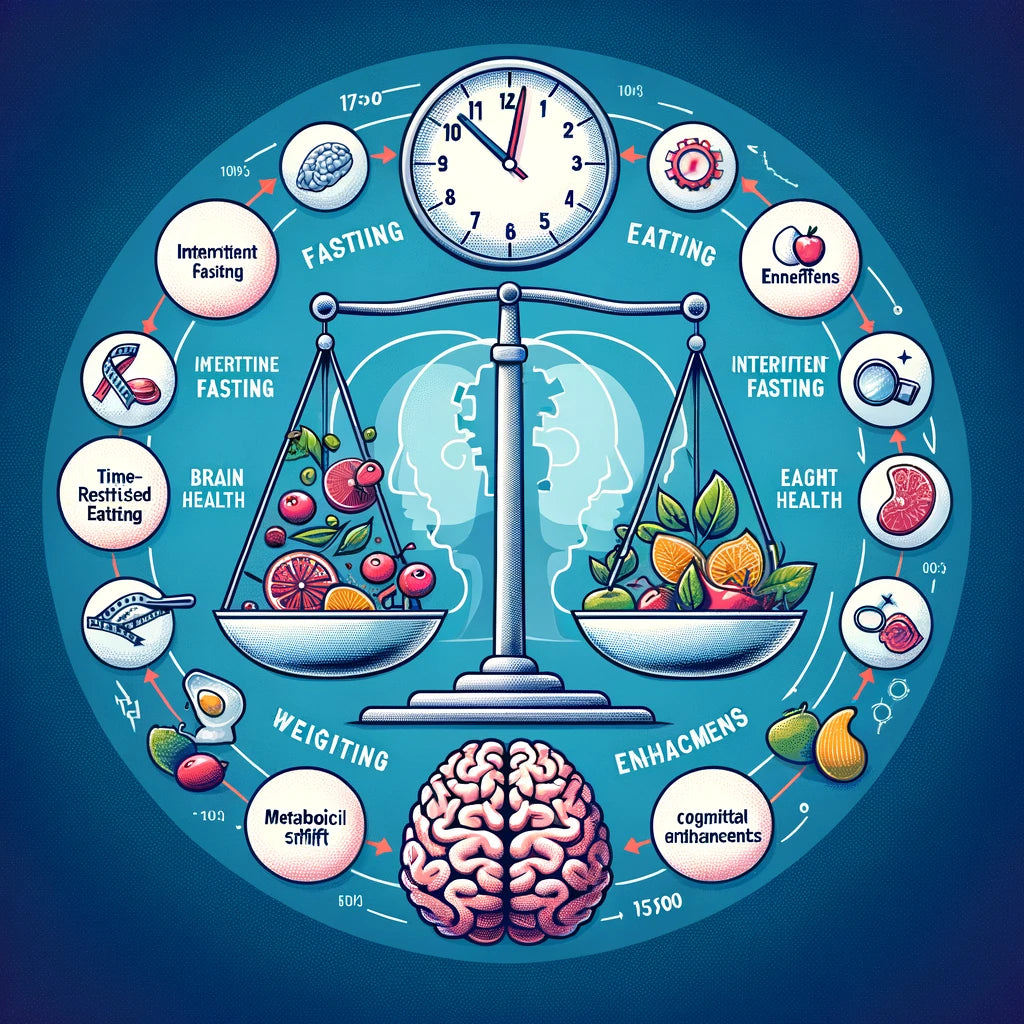Atrial fibrillation, a common heart rhythm disorder, affects millions worldwide, impacting their health and quality of life. A recent study unveiled in Atlanta has revealed that individuals consuming two liters or more of artificially sweetened beverages per week (equivalent to a medium-sized diet soda from a fast-food restaurant daily) face a 20% increased risk of developing atrial fibrillation compared to those who abstain from these drinks. This finding underscores the importance of monitoring dietary habits to maintain heart health.
The Dangers of Atrial Fibrillation
Atrial fibrillation is characterized by rapid and irregular beating of the atria, the upper chambers of the heart. This condition can reduce the efficiency of the heart's pumping action, elevate the risk of blood clot formation, and potentially lead to stroke, heart failure, and other cardiovascular issues. Not only does atrial fibrillation diminish quality of life, but it can also lead to severe health complications, including life-threatening ones.
Healthy Lifestyle Habits to Reduce Risk
Although genetic factors play a role in the development of atrial fibrillation, lifestyle choices are equally critical for prevention. Here are several healthy lifestyle habits that can help reduce the risk of developing atrial fibrillation:
1. Balanced Diet
Maintaining a balanced diet is foundational to heart health. A diet rich in whole grains, fresh fruits and vegetables, lean proteins, and healthy fats can help reduce the risk of heart disease. Limiting intake of processed foods and sugary beverages, especially those containing artificial sweeteners, can lower the risk of atrial fibrillation.
2. Regular Exercise
Regular physical activity helps maintain a healthy weight, control blood pressure, and strengthen the heart. The American Heart Association recommends at least 150 minutes of moderate-intensity exercise or 75 minutes of vigorous-intensity exercise per week.
3. Weight Management
Obesity is a significant risk factor for atrial fibrillation. Maintaining a healthy weight can be achieved through improved diet and increased physical activity.
4. Quit Smoking and Limit Alcohol
Smoking and excessive alcohol consumption are linked to an increased risk of atrial fibrillation. Quitting smoking and moderating alcohol intake (or avoiding it altogether) are crucial for heart health.
5. Stress Management
Chronic stress and anxiety are not only harmful to mental health but can also increase the risk of heart disease. Finding effective stress management techniques, such as meditation, deep breathing, yoga, or counseling, is vital for maintaining heart health.
Conclusion
Atrial fibrillation poses a serious health threat, but by adopting a healthy lifestyle, we can significantly reduce the risk of developing this condition. A balanced diet, regular exercise, maintaining a healthy weight, quitting smoking, limiting alcohol, and effective stress management are key measures to prevent atrial fibrillation and other heart diseases. Let's protect our hearts with positive lifestyle choices for a healthier, longer life.




Leave a comment
All comments are moderated before being published.
This site is protected by hCaptcha and the hCaptcha Privacy Policy and Terms of Service apply.